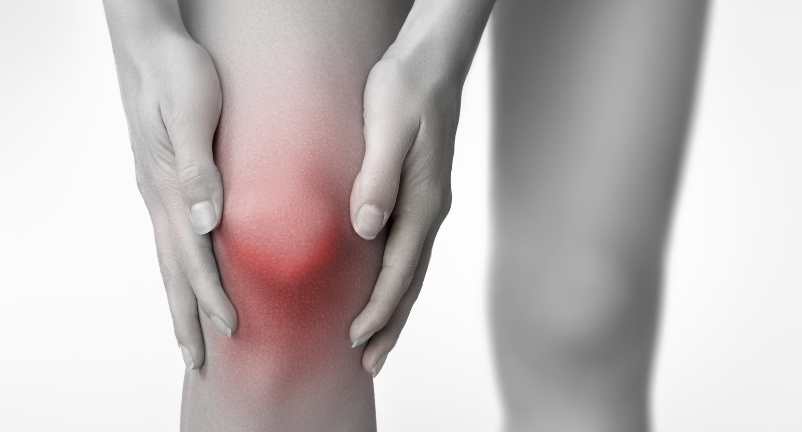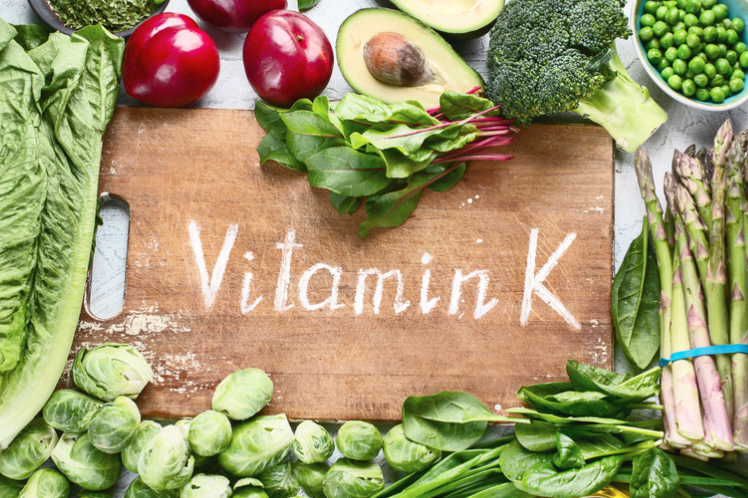Nutrition for Optimal Bone Health
10/9/2022
Bone health is so important at ALL ages. As we get older it is more vital than ever to be aware of our bone health and as we age, we are more prone to developing bone fractures which can limit movement and impact our overall health.

Research indicates that bone fractures as we get older are one of the main culprits which leads to mobility issues, ill health and a loss of independence. Our peak bone mineral density occurs at age of 30, and after this we start to develop bone density loss. This is because our body is no longer able to replace the bone tissue at the rate we are losing it.
Calcium

Calcium is one of the most well-known minerals that supports our bone health. Increasing calcium intake if it is sub-optimal typically improves bone mineral density.
The recommended daily intake (RDI) for calcium is 1000mg (1300mg for older individuals). But if this target is unrealistic to reach through food, research has shown that consistently supplementing ~1200mg per day can help improve bone mineral density and reduce fracture risk. However, without a good source of vitamin D we are not able to absorb and utilise this calcium from foods (Vitamin D up next).
Sources of dairy include:
- Dairy products (milk, cheese etc.)
- green leafy vegetables (broccoli and cabbage)
- tofu and soya beans
- soya drinks which have been fortified with calcium
- bony fish (fish where you also eat the bones, such as sardines and pilchards)
- nuts
- breads which have been fortified
It is worth noting that vitamin D plays a role in the absorption and utilisation of calcium.
Vitamin D

Maintaining optimal vitamin D levels helps improve bone mineral density and reduce the risk of fractures.
The easiest way to assess this is to get a blood test to measure your levels. In the UK you can only absorb vitamin D from the sun between April-October. So if you are deficient, consider:
- Getting more sun (in the UK, April-October)
- Supplementing with Vitamin D
- Increasing food intake of Vitamin D rich foods (oily fish, eggs, fortified food)
Magnesium

Most of the magnesium found in our body is located within our bones, around 67%. Magnesium is the 4th most abundant mineral in the body and has some important functions including regulating muscle function, blood sugar levels, and blood pressure. In addition, when dietary intake of magnesium is low but not deficient there is evidence to show that it can impact bone and mineral metabolism and in itself become a risk factor for osteoporosis. The RDI for Magnesium is 310 mg-420 mg but varies between age/gender, however most people consume below the RDI. Magnesium is found in a wide variety of foods, including:
- cheese
- peanuts
- sardine
- cod
- wholemeal bread
- almonds
- brown rice
- lentils
Vitamin K

Did you know vitamin K is also important for bone health? We don’t hear much about this micronutrient and it is probably the least talked about one. However, it plays a critical role in guiding calcium into the bone. Low vitamin K (largely found in dark leafy green vegetables) intake is associated with low bone mineral density.
Luckily, most of us get enough vitamin K through our diet and don’t require supplementation. The typical adult requires about 100 - 200 mcg of vitamin K per day.
Zinc

If a zinc deficiency is present, addressing it has been shown to improve bone mineral density. This is not likely to be relevant for many people reading this, but it is worth being aware of.
Proper calcium absorption also depends on zinc, and a deficiency prevents full absorption of calcium. It’s essential for bone healing, and increased amounts are found at the sites of bone repair. Low levels in the body have been closely linked with osteoporosis.
The richest food sources of zinc include meat, fish, and seafood. In fact, oysters contain more zinc per serving than any other food source. Other sources include eggs, dairy, beans, nuts, and whole grains.
Make sure to like and follow on facebook to keep to keep up to date with more nutrition posts, such as bone health, heart health and healthy recipes!
Eat healthy, live healthy
Robyn
